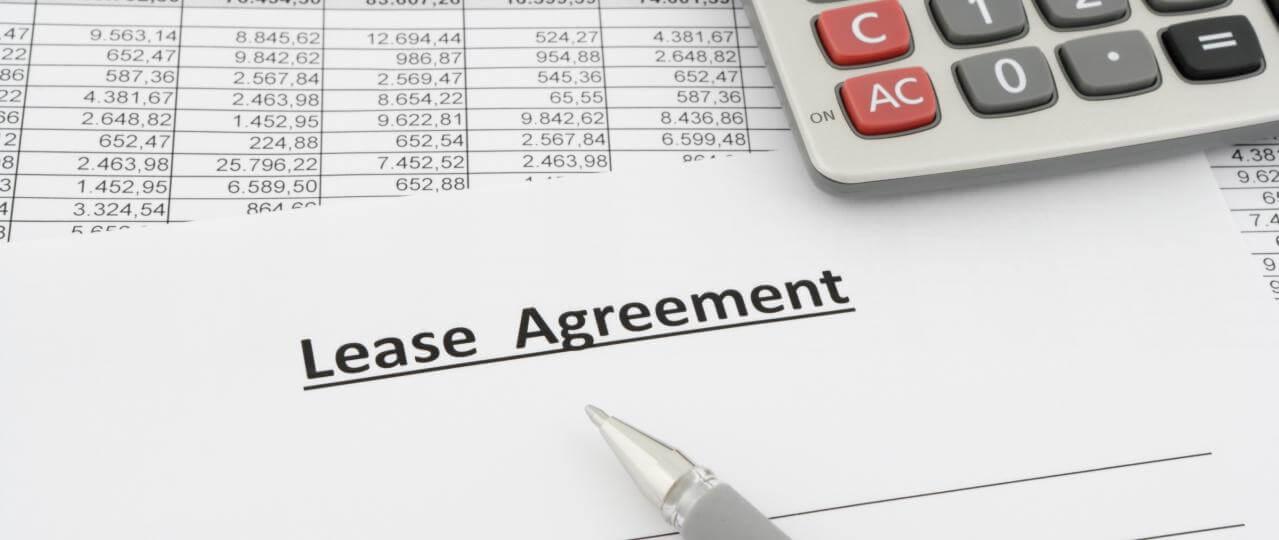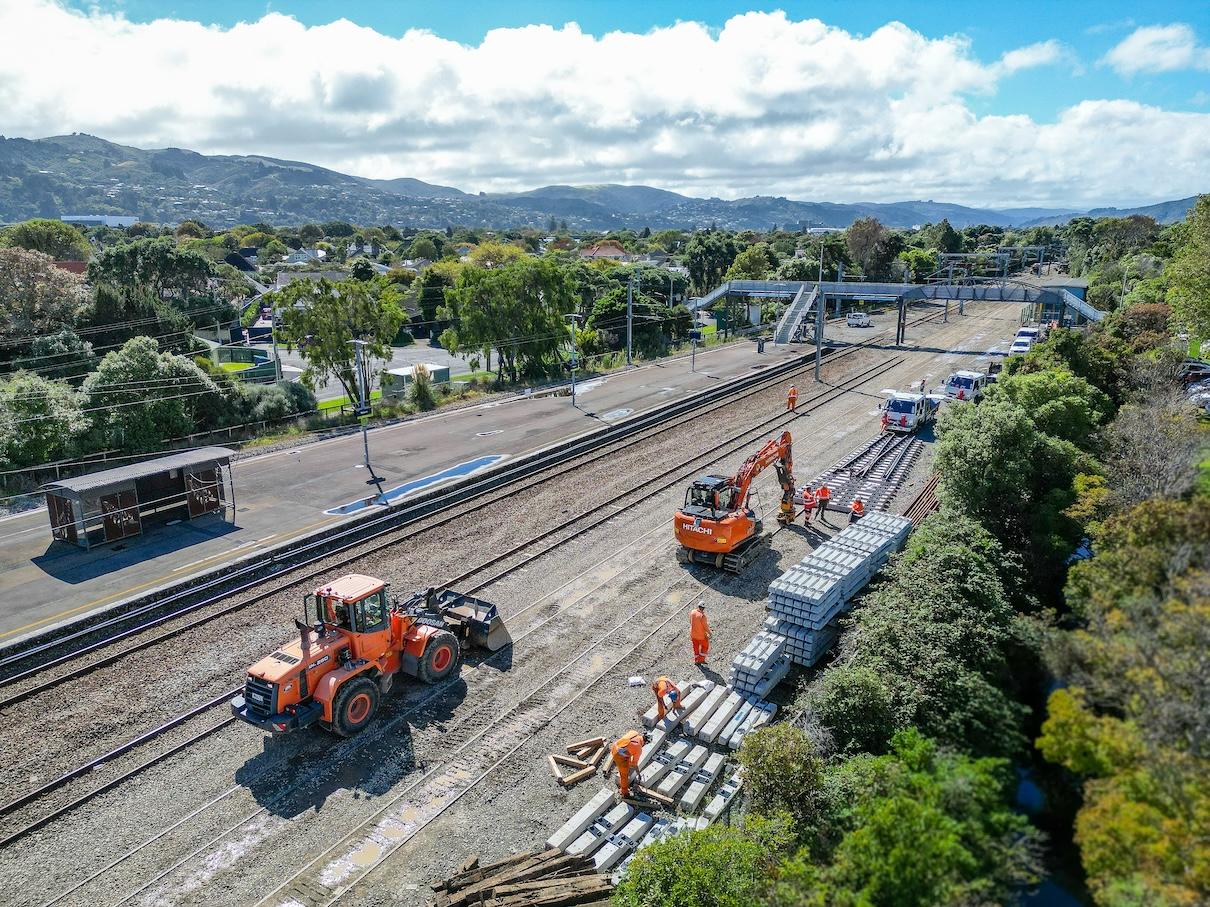What are the downsides to leasing?
Date
27 June 2016
Share

When you lease an asset you pay a set amount each month for its use – you’re effectively renting the equipment for an agreed amount of time based on an expected usage (e.g. hours or kilometres). At the end of your term you typically give it back.
If you still need the machine, you can often choose to extend the lease or you can take out a new lease on the latest model, or you can return the asset and opt to purchase one instead.
When you lease, you should make sure you fully understand your obligations at the end of term, and your ability to vary the terms during the life of the lease if your expected usage of the machine changes.
You need to ensure that you meet the return conditions set by the leasing company – these can include charges for repairs that exceed fair wear and tear, notice periods prior to return, and storage costs.
You must also make sure that your lease terms are renegotiated if a lease goes past its original end date – you shouldn’t be paying a full lease rate for an older asset.
In some circumstances, over the term of the lease, you will have paid a substantial amount for the use of the machine. But at the end of the lease term you won’t have built equity in an asset – you get the benefits of being able to return it and probably some cash flow advantages. But if you’d bought it, you’d still have the machine, albeit older and worn and potentially getting a bit expensive to run, but it’d be yours.
When you get finance to buy an asset, you pay monthly instalments on the loan until you’ve paid it off. You own the machine outright and you can keep it in your fleet, trade it in for a newer model or sell it.
If you opt to lease, it is advisable that you ensure you take advantage of the cash flow benefits leasing provides to build equity elsewhere, as you would be doing if you had purchased.
Talk to your Finance New Zealand business partner about the advantages and disadvantages of both leasing and buying to help decide which is best for you.
Similar Posts
12 January 2026
Asset & Equipment Finance LVRs
Purchasing new vehicles, machinery, or equipment often raises one key question: how much deposit is required? The answer depends on more than just the asset. It comes down to LVRs (Loan to Value Ratio's), structure, and lender, policy & appetite. This article explains how asset and equipment finance LVRs work in New Zealand, and why advice matters.

27 November 2025
The Bottom of the Cycle? What the OCR Cut Means for 2026
Shifting interest rates are reshaping the way businesses finance equipment, vehicles and growth. Understanding these changes can help you make smarter, better-timed funding decisions.


Page Links
Contact us
Finance New Zealand Limited L11 BDO Tower, 19-21 Como Street, Takapuna, Auckland 0622 PO Box 65164, Mairangi Bay 0754 T: (09) 222 0320E: info@financenz.co.nzMember of


Proud Sponsors of Auckland Rescue Helicopter Trust
Copyright Finance New Zealand Ltd 2026



